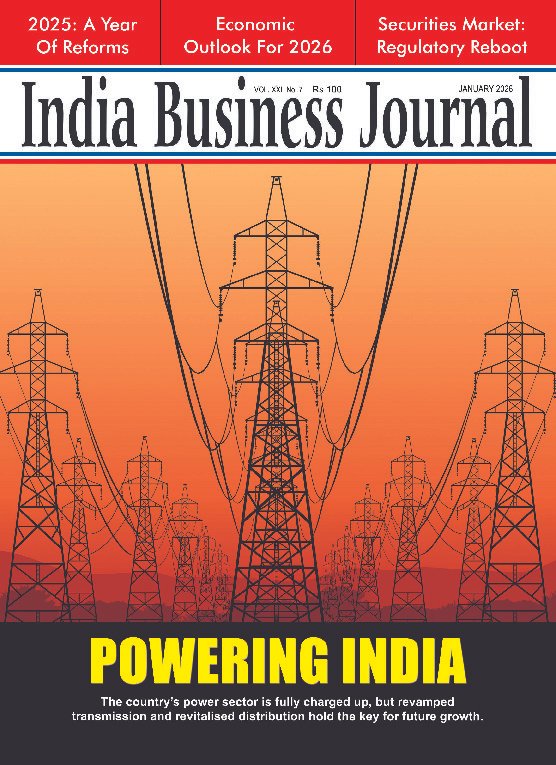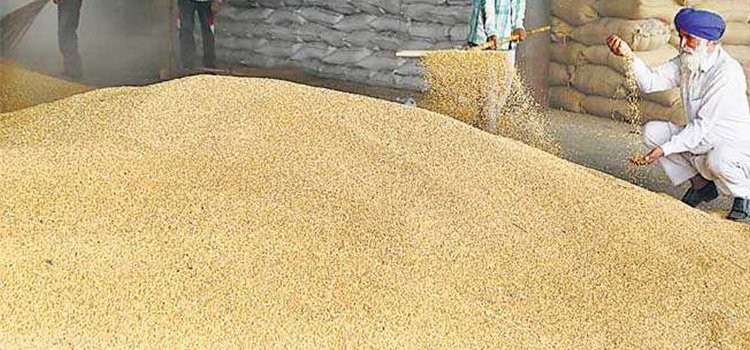WORLD
Oil traders mull options over disruption in supplies as Hamas-Israel war rages
- IBJ Bureau
- Oct 09, 2023

As oil traders prepare for the market to open after the sudden eruption of war in Israel, one question is key: Will the conflict spread to the rest of the region?
Crude oil traders do not expect a massive price surge as there is no immediate threat to supply. But all eyes are on Iran, a major oil producer and key backer of the Hamas group that launched last weekend’s offensive on Israel.
A retaliatory strike against the Islamic Republic of Iran would inflame fears over the Strait of Hormuz, the vital shipping artery which Tehran has previously threatened to shutter. There is also the prospect of the US cracking down again on a resurgent flow of Iranian oil exports.
The “oil-disruption scenario”, according to Bob McNally, the president of Rapidan Energy Group and former White House official, “would be if conflict spread to Iran”. For now, that looked unlikely, he said.
But the threat has escalated just as global crude oil supplies have been depleted by months of sharp production cutbacks by Saudi Arabia and Russia, which last month briefly pushed Brent futures to almost $100 a barrel.
“It is unlikely to impact oil supply in the short term,” said hedge fund trader Pierre Andurand, the founder of Andurand Capital Management. “But it could eventually have an impact on supply and prices.”
The onslaught comes almost exactly 50 years after the Arab oil embargo, when Saudi Arabia and other OPEC producers choked off flows to the West in the wake of the 1973 Yom Kippur War.
No one expects Riyadh – which has been negotiating with Washington over normalising relations with Israel – to turn off the taps in solidarity with the Palestinians now. At worst, the conflict may derail the normalisation talks and scupper any additional Saudi oil flows that may have resulted.
The energy minister of the United Arab Emirates, a key OPEC member, was clear on Sunday that the conflict would not affect the group’s decision-making.
“We do not engage in politics; we govern by supply and demand, and we do not consider what each country has done,” Energy Minister Suhail Al Mazrouei told reporters in Riyadh.
For its part, Iran, also an OPEC member, has expressed support for the Palestinian attack.
If Israel responds by striking any Iranian infrastructure, “crude (oil) prices would immediately spike on the perceived risk of a disruption”, Mr McNally said.
Iranian oil has become increasingly important to the market as shipments have rebounded to a five-year high. That has come with Washington’s tacit blessing as the two sides have engaged in tentative diplomacy to re-establish limits on Tehran’s nuclear programme.





















Report By
View Reporter News